In Edinburgh 2023 we hosted The Language Event and the recordings from that event are now available exclusively to ticket holders for The Live Environment of Polyglot Conference Global.
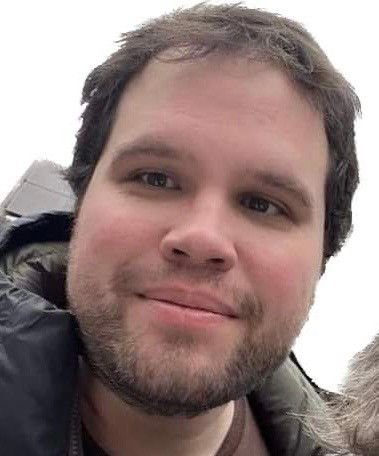
Learning C# vs. Learning Human Languages: Is the process really THAT similar? — JARED GIMBEL
Many polyglots have heard “language is like math” or “language is like programming” too many times to count, but when a seasoned polyglot tries to learn their first computer language…what should they expect?
Come along on an adventure in which Gimbel describes his C# journey, which he started after five years of teaching foreign languages, compared with his adventures with languages like Yiddish, Hebrew, Swedish, Slovak, Spanish and Hungarian. What sort of conventional wisdom is best suited for both fields, and what rules are best applied only in the realm of computers or human languages? What is comfortable about the world of computer languages that learning human languages can never live up to, and vice versa? Can either one of them be truly said to be harder?
Along the way Gimbel will describe his sticking points he encountered while programming his first game, which he started working on with virtually no knowledge of any coding language. How similar are those issue to those he encountered not only with his own languages, but his own language students? How are teaching C# and teaching a language similar and different from one another? And how can one use even basic knowledge of how computer languages function to boost their polyglot dreams?
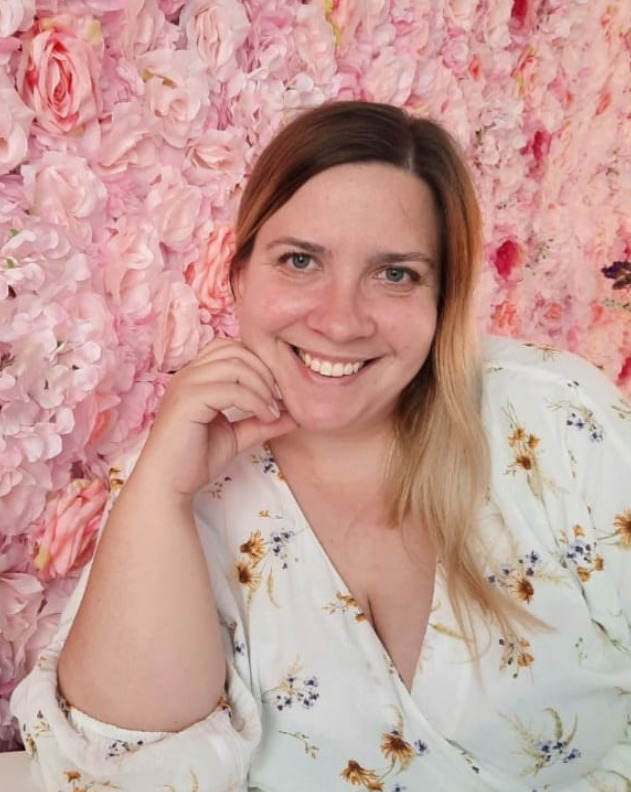
Are you afraid of Newspeak? — MARTA MELNYK
Good, ungood or doubleplusungood? What is Newspeak anyway? English writer, George Orwell describes Newspeak as a language that has simplified grammar and restricted vocabulary; it is designed to diminish the range of thoughts, to limit personal identity, self-expression, and free will. It is a language of a dystopian world. Or is it? In my speech, I will talk about the background of Newspeak. I will try to answer some questions, for example: While language development is a natural process, what about language simplification? Is it natural or artificial? Is there a danger in this process? I will also show the principles of Newspeak according to George Orwell and compare them to the real-life examples.
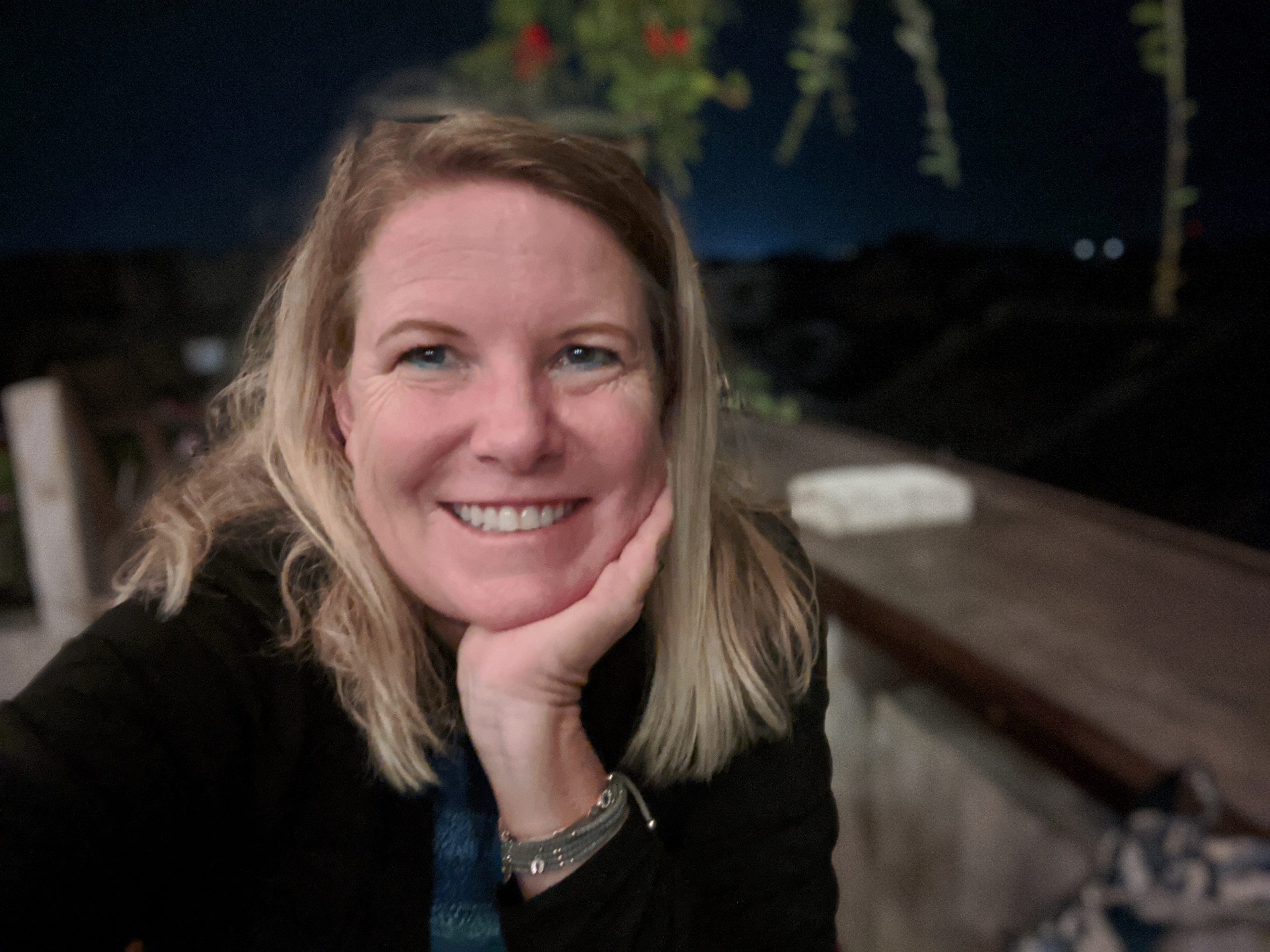
Nonverbal Mastery: Navigating Gestures Across Borders — KENDAL KNETEMANN
Discover the hidden power of nonverbal communication in this informative training session! Learn how much of our communication is actually nonverbal and how it can differ between cultures. Delve into the fascinating world of body language and gain insight into the different gestures that hold different meanings in different cultures. From making the first best impression to decoding the nonverbal cues of others, this training is a must-attend for anyone looking to enhance their communication skills and better understand the people around them. Get ready to unlock the secrets of nonverbal communication and elevate your interactions to a whole new level!
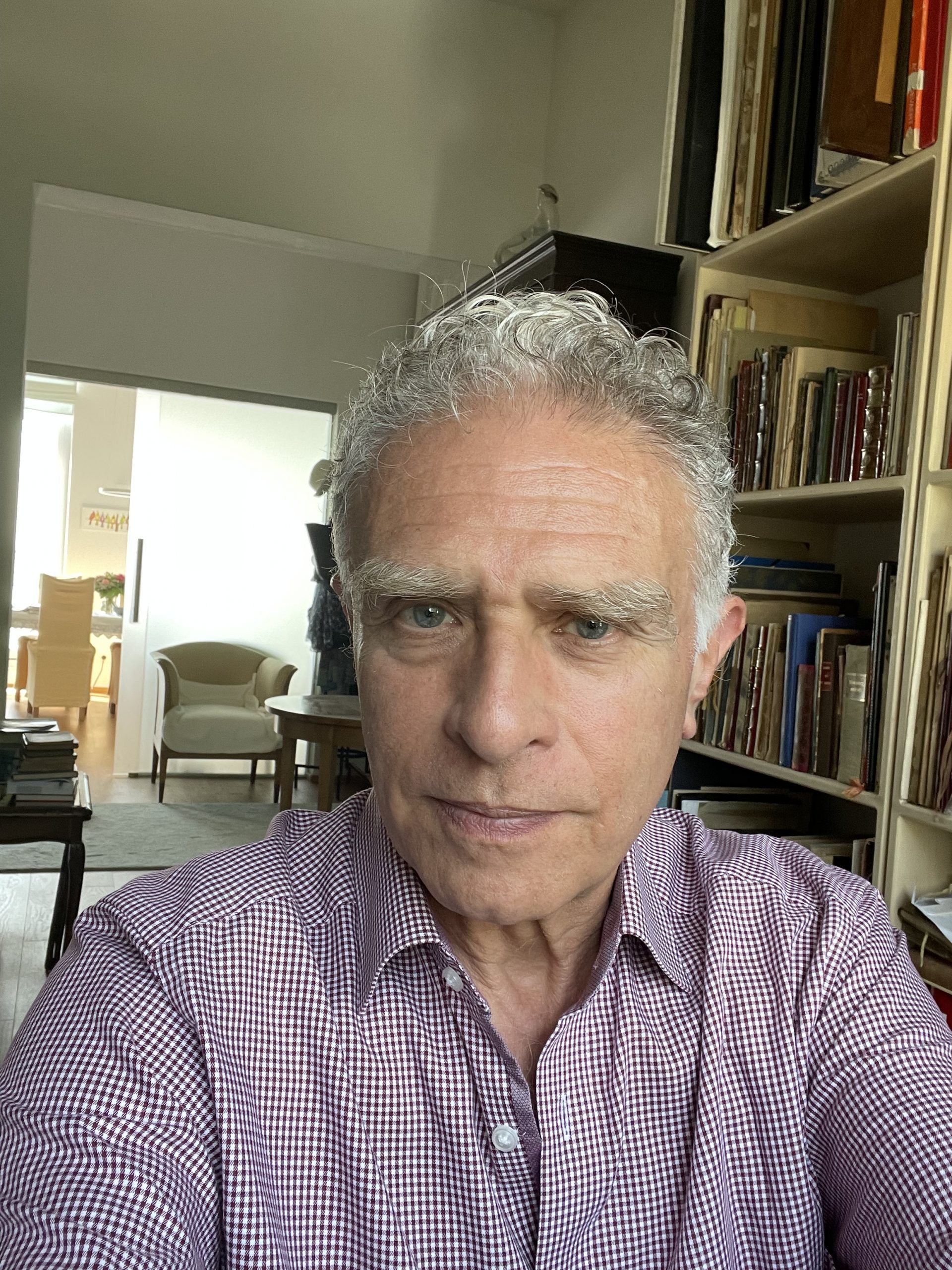
Forgotten Multilingual Eastern Europe — ANTHONY FEKETE
Discovering lost cultures and understanding current events through old books from 1500 to 1950. I have been building up a Polyglot Library with books in over 180 languages and dialects. One of my main areas of interest and exploration for books has been Eastern Europe where I have worked for 30 years. What we see today as a collection of countries each with a national language was much more culturally fluid 150 years ago. Hungarians, Romanians, Germans, Ukrainians, Sorbs, Jews all lived happily together and often spoke each other’s languages. My talk will describe, through examples of old books, this fascinating mingling of cultures: Bulgarians and Greeks in Moldavia, Turks and Albanians writing in Greek letters, Romanian books from Lviv, a Slovenian dialect written like Hungarian. Also we will look at how the first Serbian printing presses cooperated with Romanians and Venetians, Russian books printed in Poland and Yiddish books from Lithuania, Romania and the Soviet Union. Nostalgia for a real polyglot world. I will also look at how nationalism has replaced multiculturalism and how this has caused tensions with minority language groups today. This will also be illustrated by books and documents from my library.
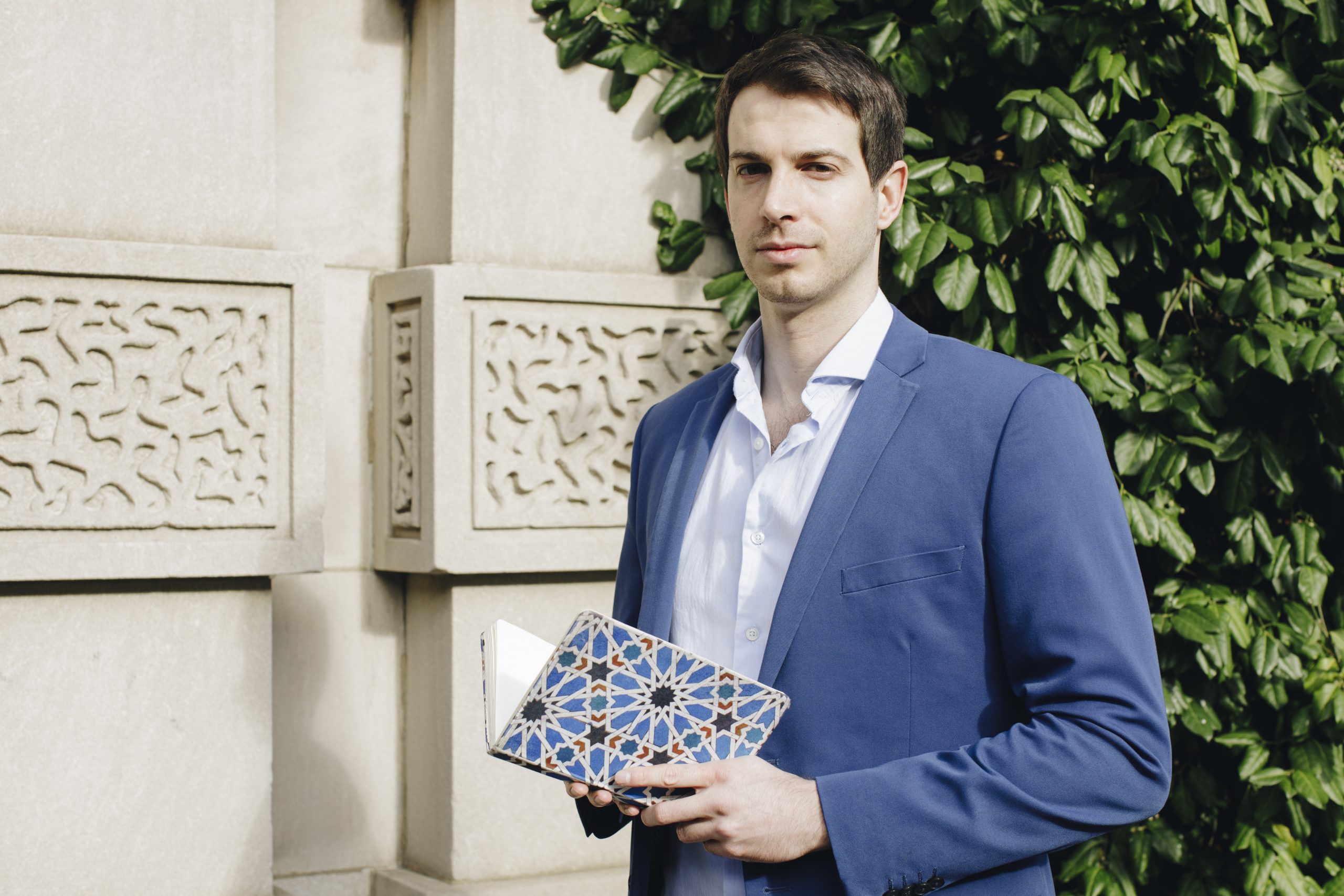
Haketia: History, Ideology and Status of the Language of North African Sephardim — CARLOS YEBRA LOPEZ
In this presentation, I will carry out a diachronic examination of Ḥaketía (also spelled Ḥakitía, Ḥaquetía, or Jaquetía), the vernacular ethnolect used by the Sephardic Jews of North Africa. After a brief diatopic introduction, I will discuss the migration waves, settlement and demography and diaspora of its community of speakers. Emphasis will be placed on the distinction between the period up to 1860, on the one hand, and the re-Hispanicization period from 1860 to the present, on the other. Within the latter, I will focus on the relationship between the positive valuation of Spanish as a language of prestige amongst the Sephardic Jews of Morocco and the converse pejoration of Haketia as a supposed form of corrupted Spanish. Lastly, I will discuss the revitalization of Haketia in the 21st century.
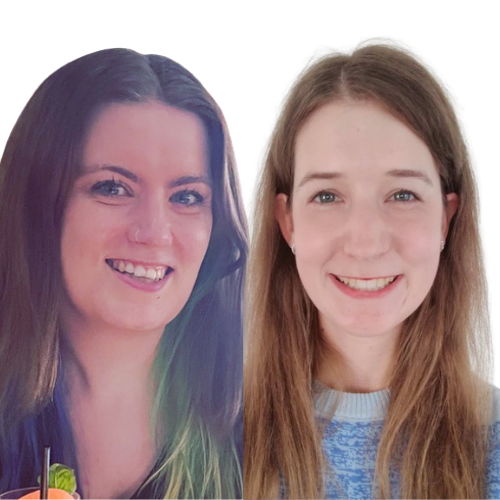
Lewis to Liger Atlantel: A Journey Through Celtic Languages — CHARLOTTE DONNELLY & EMILY MARTYN
No man is an island, and no language is either. (Even though they might be spoken on one!) Place names in the Celtic languages of the British Isles offer a unique insight into the geography and history that shaped the culture of these places over thousands of years. Starting off in the location of the Language Event itself, we’ll uncover the secrets revealed by the Gaelic names of some significant places in Scotland, followed by a look over the five other living Celtic languages: Manx, Irish, Welsh, Cornish and Breton. Not only will we cover what these languages are, where they’re spoken and the culture they’re a part of, we’ll also share how to learn one (or all six!). As well as the answers to these questions, you’ll learn a couple of words and phrases and enjoy an interactive Q&A session too.
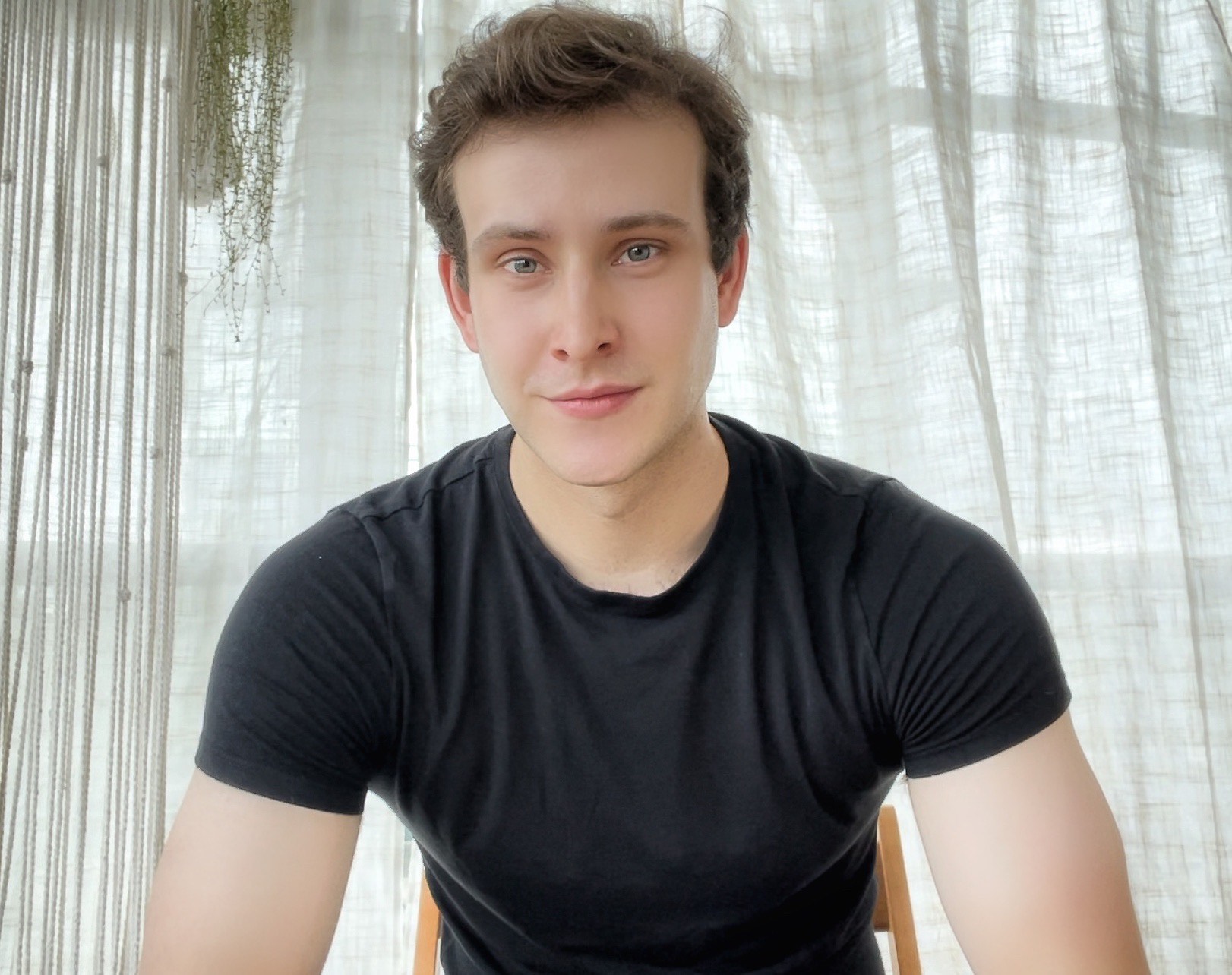
Please Excuse My French — CHASE EMERY DAVIS
A presentation on the pronunciation of French. Exploring the language’s impact on English but more importantly how different it is in every single way in both usage and pronunciation. Practical example will be given as this presentation will expose the main physical differences between the French and English “Mouth”. This will also allow us to underline how this has changed all facets of our languages including music and more specifically, singing. Examples of singing will also be given live during the presentation.
We will go on to explore how something as simple as pronunciation and mouth position has shaped an entire populations culture and social behaviour and the profound impact it has had on shaping France’s world image. To demonstrate this movies and video clips will be used to illustrate these cultural transformations over time.
Finally, we will conclude by diving into the roots of French and explaining how and why it’s pronunciation differentiates so drastically from it’s sister romance languages and what ancient unexpected links it shares with the Germanic languages. Lines will also be drawn between French and its various dialects, dialects which connect France to Wales in particular, which of course is called “Pays de Galles” in French and explaining why that is.
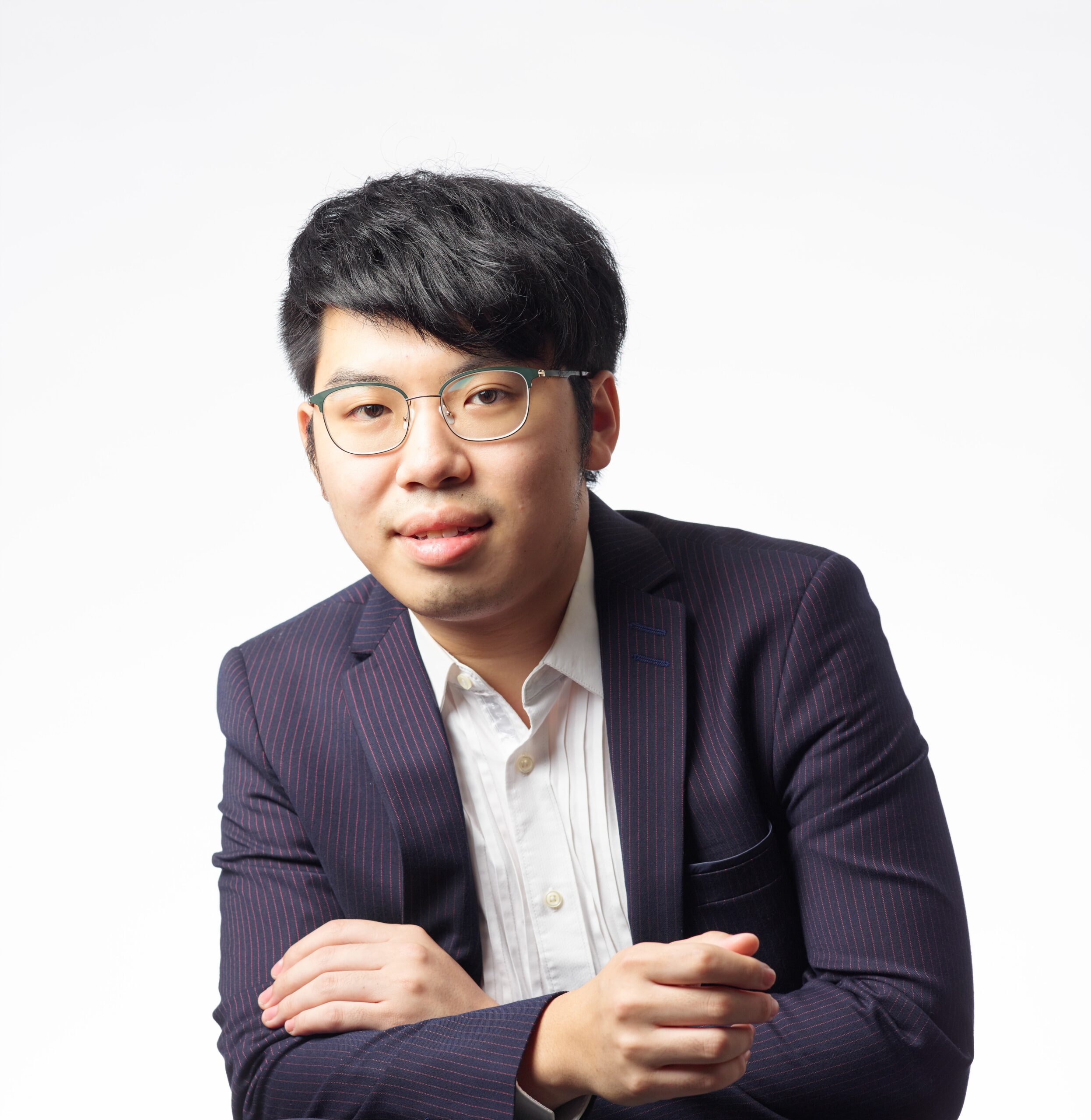
Echoes of Oppression:Drawing Parallels between Welsh and the State of Sinitic Languages — ISRAEL LAI
When I started learning Welsh and engaging with the speaker/learner community, I learnt about the history of oppression, and started noticing familiar stories. I had previously learnt the Taiwanese language and often interact with native speakers; this language has undergone a similar history and is under revitalisation, but with much less governmental support. Meanwhile, people have been increasingly worried about foreign influence on Hong Kong Cantonese, both linguistically and politically. With the sweeping political changes, on top of gradual changes in native speakers’ attitudes in both ways, these concerns have only deepened.
Inspired by James Griffiths’ Speak Not, I started thinking of linguistic oppression as a repeating pattern across languages, involving top-down policy, economic incentives, and social stigma. Each iteration of this pattern can turn out drastically different thanks to actions taken at various points on the timeline. Compared to Welsh, Cantonese is on a much earlier point on this timeline; Taiwanese is on a similar point, while some key parameters differ, which may affect how the story ends.
Rather than a focused comparison, I will present a collection of observations I have made over time, what lessons we can draw, and what they mean for the future of these languages, from the perspective of a learner and speaker.
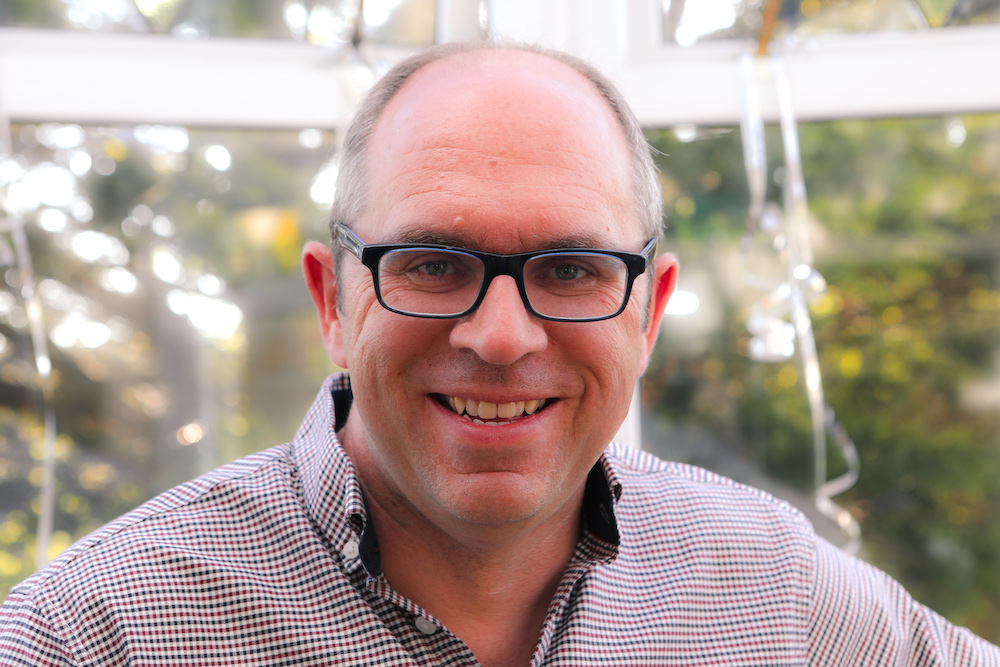
Building a language brand, one coffee break at a time — MARK PENTLETON
Coffee Break Languages started life as a passion project for languages teacher Mark Pentleton. Launched as a podcast in 2006, Coffee Break Spanish aimed to help Spanish beginners learn the language through the (then) new medium of podcasting. Speed forward 17 years and Mark has gone on to build one of the most well-known language brands in the world, with millions of learners using the Coffee Break podcasts, online courses and books to learn a new language from scratch or to build on existing skills, one coffee break at a time. Having just added Gaelic, the 9th language in the Coffee Break range, Mark will share the story of how the language brand developed, how choices are made about which languages to tackle next, the highs and lows of building a business, and he’ll provide actionable tips on how you can build your own business around language learning.
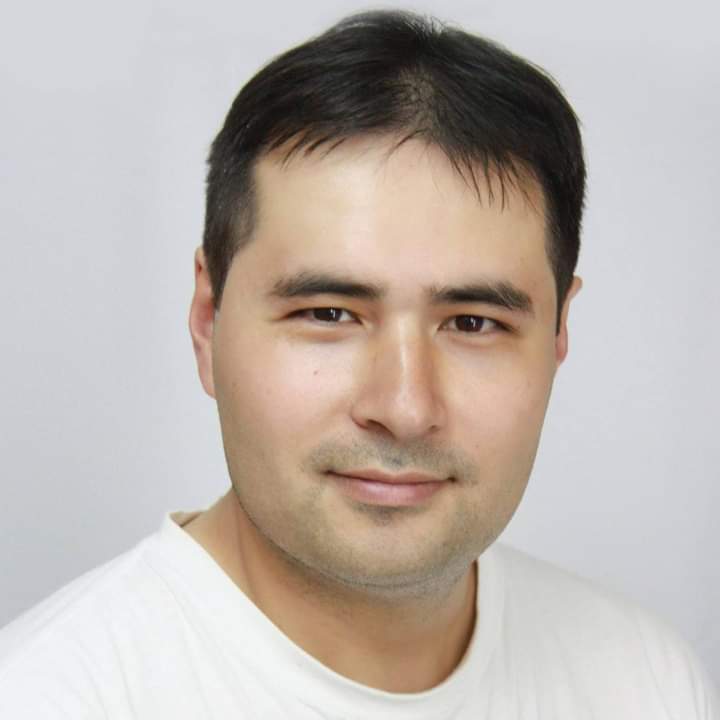
Learn Polish and Ukrainian in the United Kingdom! — TIMOTHY DOUGLAS
The United Kingdom is a wonderful country to learn a diverse variety of languages! My city, Lancaster, is not the largest in the country, but you can find speakers of over 30 languages there! This makes Lancaster a delicious, varied language buffet! One particular passion of mine are the Slavic languages. I have learned Russian, Polish, Czech and more recently Ukrainian. On a European level, they are less widely learned than Romance and Germanic language, although 1/3 of Europe speaks Slavic languages, but the positive reaction of Slavic people when you speak their languages makes it all worthwhile! Hence, the EU expansion in 2004 and the resulting arrival of many Poles in particular was wonderfully refreshing for me! The tragic events in Ukraine stimulated me to start learning Ukrainian; as language learners, one way we can make a contribution is by using our skills to learn Ukrainian to help refugees at this difficult time to translate documents (as a volunteer for the non-governmental organization Respond Crisis Translation and others), to make new arrivals feel at home and to show respect and appreciation for their culture. In this talk, I will tell my personal story about my adventures with Slavic languages in general and Polish and Ukrainian in particular, and how knowledge of these languages has built bridges with Poles and Ukrainians, both in the UK and their home countries, in both my personal and professional life.
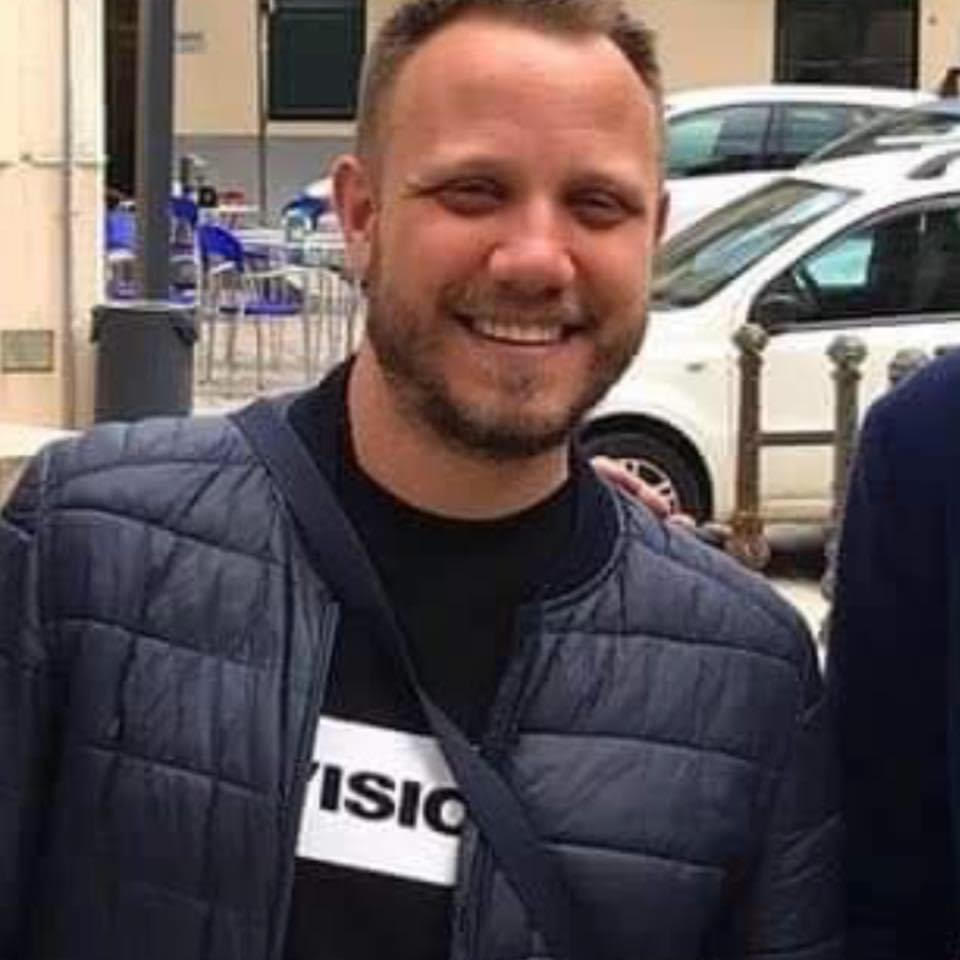
Attitudes and Intelligibility as language maintenance factors. — MARTIN DI MAGGIO
This presentation explores attitudes and intelligibility as language maintenance factors; particularly the role of fuse-lect features, loan words and the impact they have on 1) language status, and 2) intelligibility. I will use Arberesh – my heritage language – as a case study, looking at differing features of fuse-lect and borrowing with Sicilian lexicon and how negative attitudes towards these features of contact language impact on maintenance possibilities. If we were to measure the intelligibility of proposed language maintenance or standardisation texts which erase Sicilian influence and import the exogenous related standardised Albanian alongside attitudes toward the language presented in them what would that tell us about the mechanisms of language maintenance and what are the alternatives?
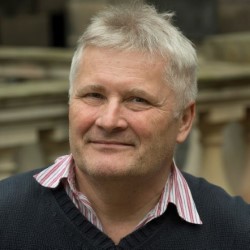
Neuroscience, Language Learning and Multilingualism — THOMAS BAK
A discussion between Richard Simcott and Thomas Bak about language life and what things impact on us directly as individuals and also as communities.

Discussion on Women in the World of Scots — LEN PENNIE
A conversation about the work of Len Pennie on her social media channel, tackling the promotion of Scots, mental health issues as well as sexism and misogyny too.
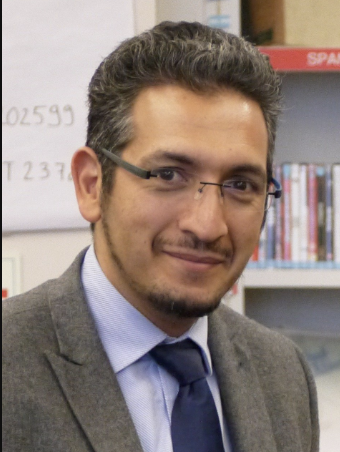
Let's Keep it Real!: Tried & Tested Strategies to Bring Real-Life Into The Language Classroom with Authentic Visual Imagery & Realia — MOURAD DIOURI
Let’s Keep it Real!: Tried & Tested Strategies to Bring Real-Life Into The Language Classroom with Authentic Visual Imagery & Realia We live in a world, where we became predominantly visual communicators (and teachers) and where the wise Henrik Ibsen said: “A thousand words leave not the same deep impression as does a single deed.” This is equally true for Arabic learners and teachers who are submerged in visual imagery such as images, videos, emojis, etc. Visual aids have proven to be a popular teaching aid, allowing teachers and students ample opportunities to express their creativity in creating teacher- and student-generated resources. This workshop aims to explore the impact and benefits of visual learning from both a practitioner and student’s perspective. The workshop will cover: – How visual aids can be utilised effectively to maximise the teaching of productive and receptive language skills, vocab-building, grammar understanding, pronunciation and culture awareness, particularly relevant to the Arabic learner. • the potential possibilities and educational value of visual imagery, digital photography, virtual realia and visual-rich technologies available. • To put a call to aspiring and experienced teachers to tap into the power and impact of this relatively poorly understood and utilised field but mostly taken-for-granted and overlooked area that could positively impact teacher’s practice and learner engagement. • To put a case forward to teachers to rethink their material development rationale and how to shift away from static and un-engaging text-based content/curricula to visually-rich and image-enhanced resource design. The workshop will also introduce some tried-and-tested ideas that are innovative, practical and easy to implement within and outside the classroom
